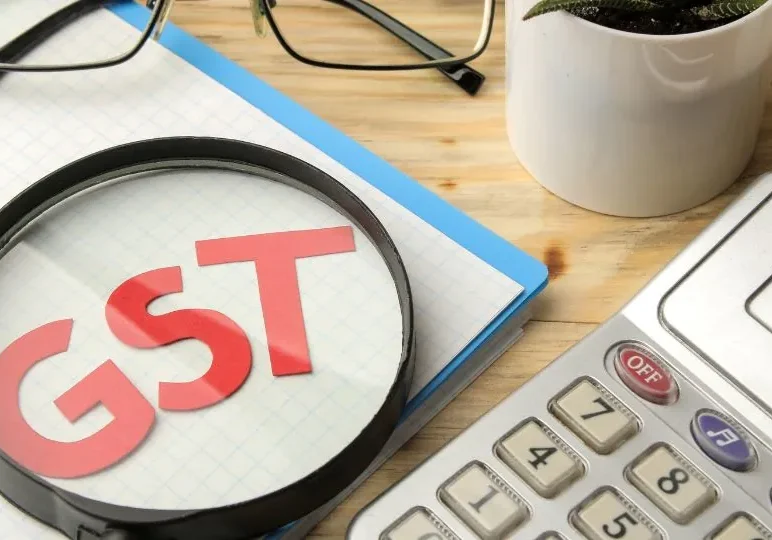
If you run a small business in Canada, understanding the Goods and Services Tax (GST) and the Harmonized Sales Tax (HST) is essential. Depending on which province you are doing business in, you will deal with either GST or HST, which can range from 5% to 15%. They are part of the cost of doing business, and knowing when and how to apply them can help you avoid costly mistakes.
Staying compliant with these tax requirements keeps you on the right side of the law and helps you avoid potential penalties or fines. This guide will break down how GST/HST works, who needs to register and how to charge and collect it to remain compliant.
Who Needs to Register for GST/HST?
Not every small business in Canada needs to register for GST/HST right away. The defining factor that determines this is your revenue. If your business earns over $30,000 in annual revenue, you must register for GST/HST with the Canada Revenue Agency (CRA). If you’re under this threshold, you are considered a “small supplier” and aren’t required to register, but you can still do so voluntarily if it may benefit your business.
Some businesses are exempt from charging GST/HST entirely, industries such as healthcare, education or financial services. If your business falls into one of these categories, you don’t have to worry about registering for GST/HST.
To register for GST/HST, you need a business registration number from the CRA. This number will be your GST/HST identifier and is crucial for filing your returns and keeping everything in order.
How to Charge and Collect GST/HST
Once registered, you must figure out how to charge and collect GST or HST from your customers. The rate will depend on where your business operates. GST is 5% across the board, while HST, which combines federal and provincial taxes, varies between 13% and 15%, depending on the province.
You will need to know if your goods or services are taxable, exempt or zero-rated (taxable at 0%). For example, basic groceries and medical devices are zero-rated, meaning you don’t charge GST/HST on them, but they still count as taxable supplies.
When you issue an invoice or receipt to a customer, you must clearly show the GST/HST amount and include your GST/HST registration number. This ensures transparency and helps avoid confusion for both you and your customers.

Filing GST/HST Returns
Filing GST/HST returns is a crucial part of staying compliant. How often you need to file depends on your annual revenue. Smaller businesses (earning less than $1.5 million per year) can file annually, while others may need to file quarterly or even monthly.
The filing process involves reporting the GST/HST collected from customers and subtracting any input tax credits (ITCs), which are the GST/HST paid on business expenses. The difference determines if you owe money or are due for a refund.
Filing can be done online through the CRA’s My Business Account portal, which most businesses prefer due to convenience. Just ensure that you file on time and accurately; late filings or incorrect amounts can lead to penalties.
GST/HST Audits and Compliance Tips
Occasionally, the CRA may conduct a GST/HST audit to ensure you’re following the rules. Audits are typically triggered by inconsistencies in your filings, missing records, or significant discrepancies in reported income versus tax collected.
To prepare for an audit, it is crucial to keep organized records of your sales, expenses, and tax filings. This includes maintaining copies of all receipts, invoices, and documents related to input tax credits. Regularly reconciling your records will help you catch mistakes before they become more significant issues.
Adopting best practices for tax management, like using accounting software and seeking professional advice when needed, can also minimize risk. Penalties for non-compliance can be serious, but keeping detailed records and filing on time can minimize your risk.
ALSO READ: 5 Common CRA Audit Triggers
How Stratos Consultants Can Help You Navigate GST/HST
Navigating GST/HST regulations can be tricky, especially if you’re focused on running your business. That’s where Stratos Consultants come in. We specialize in helping small businesses manage their GST/HST obligations, whether it’s understanding the basics, preparing for an audit, or filing your returns.
We offer tailored consultations to develop a strategy that fits your business. With our support, you can ensure compliance, avoid penalties, and focus on what matters most—growing your business.
Stratos Accounting & Consulting is your professional choice for dedicated, personalized, customized services. We strive to provide our clients with exceptional customer service and always be available to answer questions and provide guidance. Our team of experienced professionals works closely with our clients to understand their unique needs and objectives and develop solutions tailored to their specific situations.
Our company is built upon five pillars: Integrity, Professionalism, Respect, Quality and Transparency.
Stratos Accounting & Consulting is a proud QuickBooks partner. We use QuickBooks Online to ensure the quality and security of your financial information. QuickBooks Online lets you see your whole business finances in one convenient place on the cloud, updated in real time.
Contact Stratos Accounting & Consulting today at 416-477-4775 or fill out our convenient online form to learn more about how Stratos can help your business soar.

